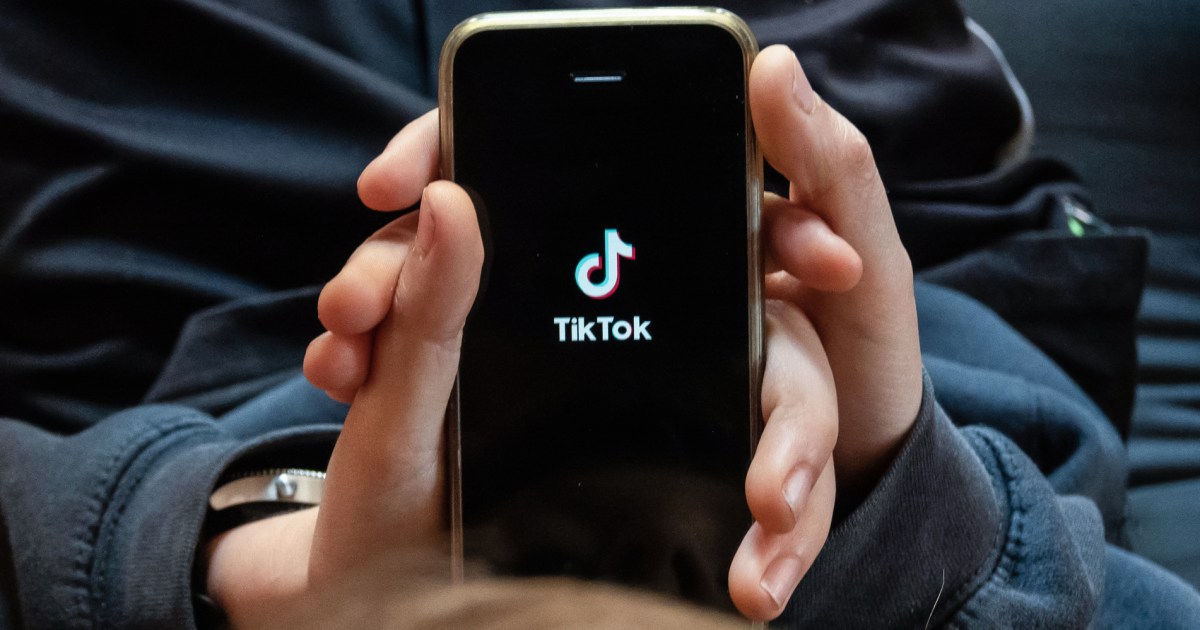Instant international
Written by: Hu Longhua
2019-12-04 15:37
Last updated: 2019-12-04 15:38US President Donald Trump officially signed the Hong Kong Bill of Rights and Democracy. The Chinese side announced sanctions on December 2. The US Department of Defense also responded.
Pentagon spokesman Lt. Col. Dave Eastburn said in a written statement on December 3, "The docking at Hong Kong ports and ports around the world demonstrates the freedom our sailors enjoy, and that we and our hosts An effective project for expanding people-to-people contacts between countries. "
The statement also said: "We regret the ongoing protests. We condemn the unreasonable use of violence, and call on all parties to exercise restraint when they use violence and to work for dialogue."
On December 3, an official with the United States State Department, who asked not to be named, told Reuters that in retrospect, we have had a successful visit to Hong Kong for a long time and we hope it can continue. But he also said that it was wrong to accuse the work of US non-governmental organizations for outside interference, and its intention was to draw reasonable attention from Hong Kong people.
In response to Trump's signing of the "Hong Kong Bill of Rights and Democracy," Chinese Foreign Ministry spokesman Hua Chunying said at a press conference on December 2 that Beijing has recently refused to oppose China's resolute opposition and insisted that the so-called "Hong Kong Bill of Rights and Democracy The signing of the law is a serious violation of international law and the basic norms of international relations and a serious interference in China's internal affairs, and China has shown a firm attitude in this regard.
Hua Chunying also announced that, in response to the U.S.'s unreasonable behavior, the Chinese government has decided to suspend the approval of applications for U.S. warships to go to Hong Kong for recuperation. "Institute", "Human Rights Watch", "Freedom House" and other NGOs that have performed badly in the storm of Hong Kong law enforcement have imposed sanctions.
During the turmoil in Hong Kong, from November 19 to 20, the US Senate and the House of Representatives respectively passed the Hong Kong Bill of Rights and Democracy. The Senate passed it in full, and the House of Representatives only had one vote against it.
On November 27, the White House issued a statement saying that Trump had officially signed the Hong Kong Bill of Rights and Democracy that day. The Hong Kong Bill of Rights and Democracy will conduct an annual review of Hong Kong's autonomy to determine whether to maintain the special status granted to Hong Kong by the United States. It also warns of sanctions against officials who violate Hong Kong's autonomy and human rights.
U.S. House of Representatives passes Uighur Bill of Rights
[Sino-US trade war] Trump is accused of using old tactics again
Xi Jinping Trump calls out the crux of China-US agreement's dystocia is not just tariffs
But Trump also said in a White House statement: "Certain provisions of the bill will interfere with the president's declaration of constitutional authority on U.S. foreign policy. My administration will treat the bill in accordance with the president's constitutional authority related to foreign relations. Every article. "
At the same time, possibly worrying about angering Beijing, Trump said in another statement issued by the White House: "I signed these bills out of respect for Chinese President Xi and the people of Hong Kong. These bills were drafted in this way It is hoped that the leaders and representatives of China and Hong Kong will be able to resolve their differences amicably and move towards long-term peace and prosperity for the benefit of all. "
China is very dissatisfied. Chinese Vice Foreign Minister Le Yucheng summoned the US Ambassador to China Terry Branstad on November 28 to make solemn representations and strong protests on the US signing of the Hong Kong Bill of Rights and Democracy into law. Le Yucheng emphasized that China strongly urges the United States to correct its mistakes and change its course, and must not put the bill into practice.
Hong Kong Human Rights and Democracy Act Sino-US Relations Trump Trump Diplomacy Sino-US Trade War Sino-US Trade Warship





/cloudfront-eu-central-1.images.arcpublishing.com/prisa/3I74UEXLYRBBRPGPSGWNN6WXH4.jpg)

